Affiliate links on Android Authority may earn us a commission. Learn more.
Do smart scales work? Everything you need to know about smart weight watching
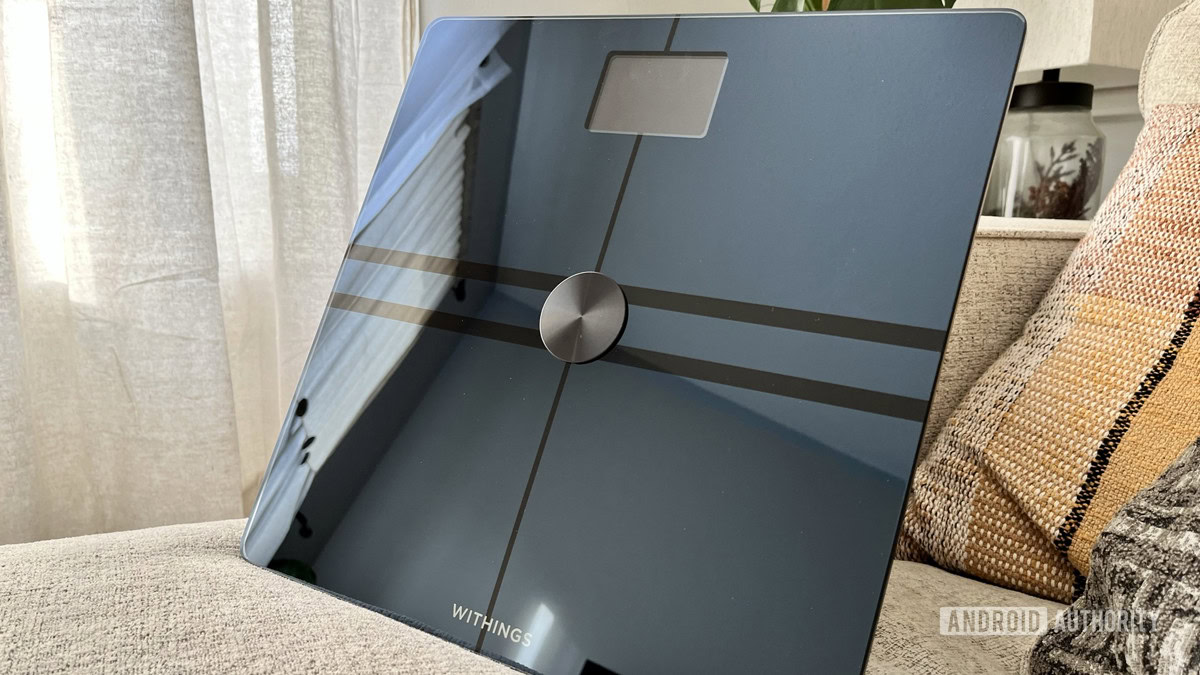
Tech companies are pushing ever further into health and fitness tracking for a few reasons, not the least to sell you subscription services. Above all, though, is the obvious commercial appeal of improving your body. Whereas buying a new Android phone might only make TikTok or Google Maps faster, a good fitness tracker (combined with a science-based plan) could help prevent a heart attack or push your bench press to 200 pounds.
An affordable and increasingly common form of fitness tracker is the smart scale. I recently had the opportunity to test two models — the high-end Withings Advanced Body Composition (Body Comp) Wi-Fi Scale, and the more affordable Wyze Scale — to see how useful one can be in boosting your health.
For background, I don’t have any medical education, but weightlifting is my primary hobby, and I’ve tested a number of fitness devices over the years from companies like Apple, Fitbit, Garmin, and Polar.
What is a smart scale?
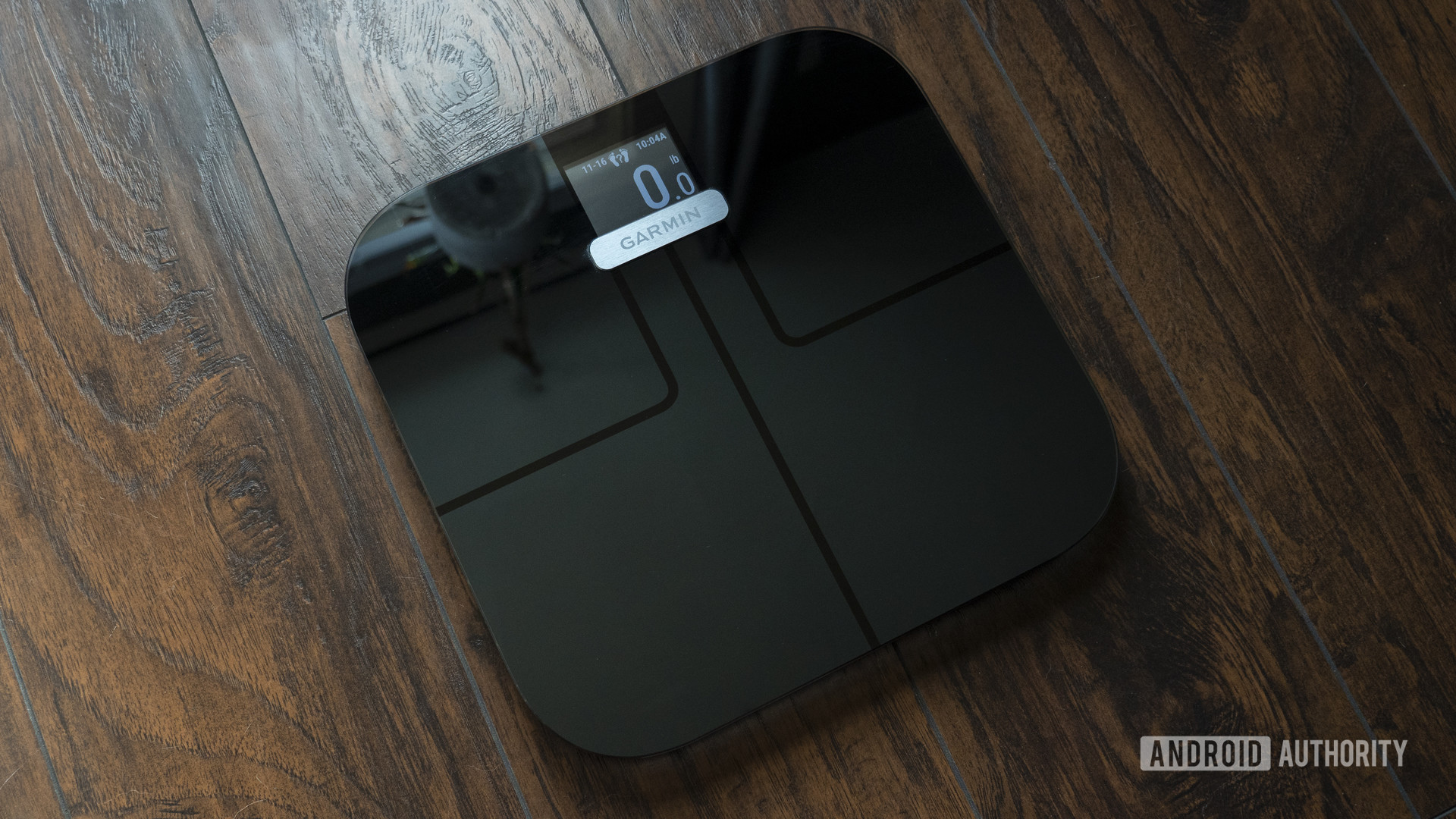
At its simplest, a smart scale uploads weight measurements to a matching phone app using Wi-Fi or Bluetooth. This lets you see long-term trends, and sync data with platforms like Google Fit, MyFitnessPal, and Apple Health. An example of this basic design is my old Polar Balance, which is no longer sold but still supported through the Polar Flow app.
The industry push has been to deliver more metrics by measuring blood flow and electrical currents in your feet. Even the affordable Wyze Scale purports to track things like water, heart rate, body fat, and muscle and bone mass. The Withings Body Comp takes things a step further, adding metrics like artery health (“vascular age”) and sweat gland activity (via an electrodermal activity score).
It’s common for apps to encourage goal-setting, at least for weight loss and gain, sometimes more. They may also offer various degrees of coaching, ranging from general encouragement to more specific actions you can take to see progress, like increasing your step count.
Smart scales offer phone app connections, and often measure factors beyond weight such as heart rate and body fat.
Some scale makers offer paid subscriptions that deliver extra coaching. Withings for example bundles the Body Comp with a 12-month subscription to Health Plus, which promises daily feedback and extra coaching in areas like sleep and nutrition. You can also pursue “missions,” i.e. achievements like active minute goals or completing a recommended workout routine. The scale does work without Health Plus, but you lose access to that service’s coaching, missions, and workout database. Note also that as of this writing, you have to opt out by the end of the 12 months if you don’t want to be charged $9.95 per month.
How does a smart scale work?

We’ve touched a bit on how they collect data, which gets complex if you dig into the science. From a daily use perspective, though, smart scales are designed to be dead simple. You step on, then wait a few seconds while measurements are taken and uploaded. With scales like the Withings Body Comp you may have to wait a little longer, just because there are more things to measure, and it even displays data like local weather and air quality.
There are further complications here and there. First, when a scale measures more than weight, you need to step on with your bare feet — a scale can’t track heart rate or electrodermal activity if it doesn’t have direct skin contact. And whereas Wi-Fi models like the Body Comp can sync data to the cloud, the Wyze Scale is Bluetooth-based, so you’ll need your phone within a few dozen feet, if not closer.
Even setup can sometimes be complicated if you’re not used to health and fitness tech and you want to make the most out of your hardware. After pairing, you may have to dive into app settings to link with platforms like Google Fit, not to mention choose metric or SI measurements, and create multiple user profiles if needed (both Wyze and Withings support up to 8). You may also want to set initial goals, and you’ll probably be asked to supply additional personal data such as age and height. Withings’ Health Plus chat bot practically grills you in this regard, asking about things like your current mood and whether you’re vegan or vegetarian.
How accurate are smart scales?
For weight tracking, they’re certainly better than conventional scales, since trends reveal the true picture, not individual measurements.
Speaking from personal experience, even with a consistent diet and exercise regime, weight can fluctuate by a few pounds within the course of a week or even a single day — you tend to weigh more in the evening than you do in the morning, for example, because you’ve picked up food and water weight. You can reduce these effects by weighing yourself every morning without any clothes on, but to judge whether you’re gaining or losing you’ll want to chart progress week-to-week, not day-to-day. Both Wyze and Withings’ apps make this pretty easy.
In testing, I found heart rate (beats per minute) measurements roughly consistent with data from my Apple Watch Series 6. Measuring that once or twice a day isn’t going to tell you much however, since there’s a range of normal resting rates, and your heart can spike or crash based on factors like stress, caffeine, exercise, and atrial fibrillation (a medical condition). If you care about heart rate, you need a full-day tracking device for a complete view.
Smart scales can normally be trusted for weight, but anything more should be taken with a large grain of salt.
On top of this, even the best wrist-based trackers are going to be less accurate for heart rate than a chest strap like the Polar H10, and you shouldn’t clinically diagnose yourself with any consumer tech. Companies warn against it for fear of legal liability. Consumer trackers are mainly useful for improving exercise performance, getting a rough sense of calorie burn, or as a warning you should talk to a doctor when something seems strange.
As for factors like body fat and muscle mass, I wouldn’t put much trust in a consumer scale. Switching from Wyze to Withings, my body fat somehow dropped from about 24% to 20% — and while the latter figure is probably closer to accurate, a doctor with the Cedars-Sinai Diabetes and Obesity Research Institute argues that no consumer fat scale is accurate. In clinical settings doctors use machines like MRI scanners and air displacement chambers, something electricity in your feet can’t possibly match in terms of precision.
What are the best smart scales?
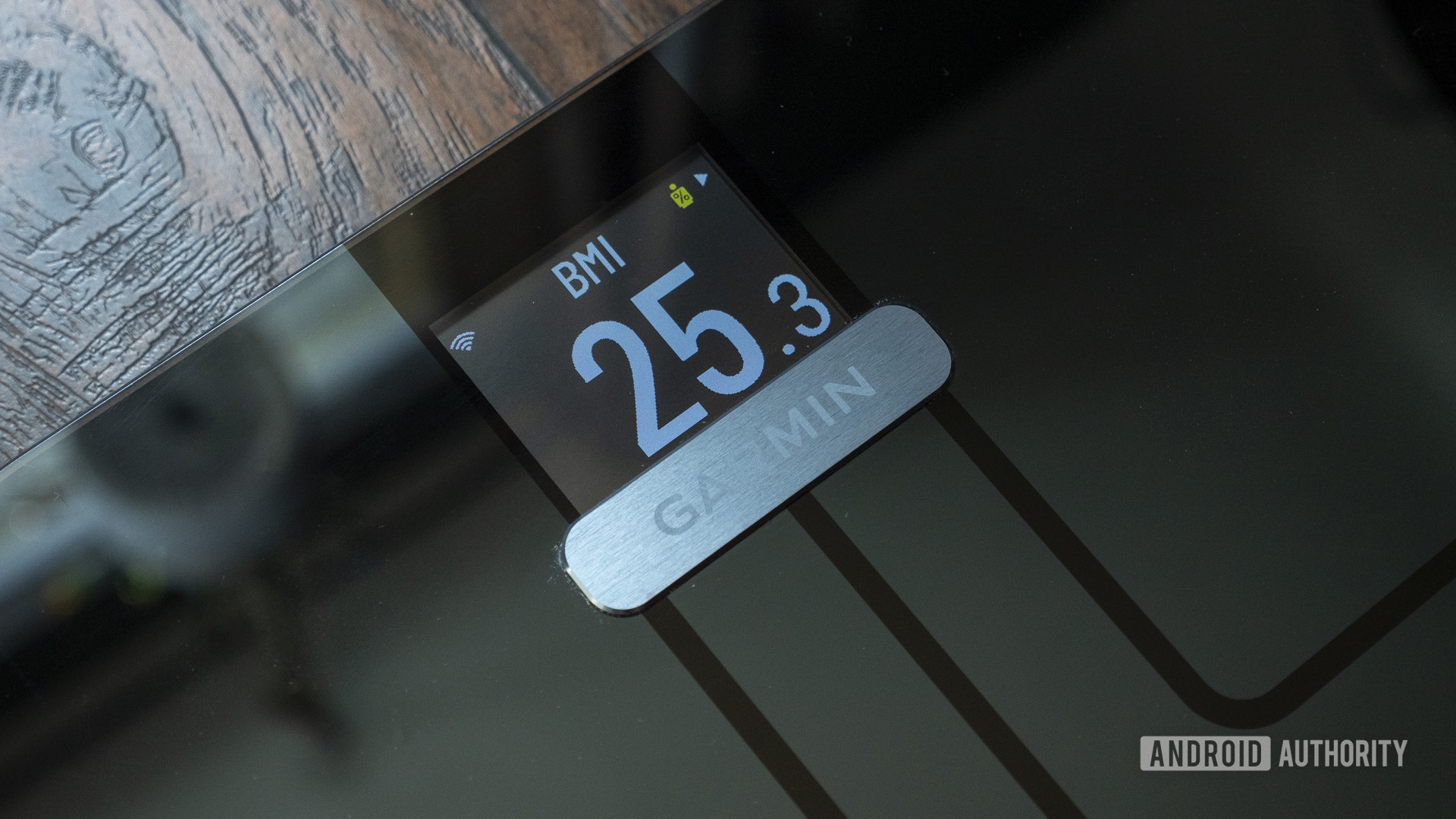
Limiting things to consumer models, there are still plenty of options on the market. Some are aimed at people who only care about weight and body fat. Other brands take the idea of body composition very seriously, striving to deliver as many metrics as possible and maximize accuracy — even if there’s only so close their technology can get.
- Garmin Index S2 ($150): It’s not cheap, but the Index S2 is targeted mostly at the same people who buy Garmin smartwatches — athletes and others who take fitness seriously. It tracks a wide range of metrics, and includes perks like Wi-Fi sync and a high-resolution color display. You can even choose what info appears when you step on.
- Sportneer Smart Scale ($70): This product uses more electrodes than most, and analyzes 14 metrics, even claiming distinct fat and muscle mass figures for your arms, legs, and torso.
- Fitbit Aria Air ($50): It’s Bluetooth-based and only keeps track of weight and body fat, but it’s cheaper than some and of course syncs directly with the Fitbit app and associated platforms.
- Wyze Scale: ($37 at Amazon): Wyze’s budget product punches above its price tag by covering 12 metrics, including body fat, water weight, and heart rate. There’s more to say in my review below.
- Withings Body Comp ($209.95 at Withings): The Body Comp syncs to the cloud via Wi-Fi, and measures not just common body composition metrics but factors like vascular health and sweat gland activity. We review this one below, too.
- QardioBase X ($95): The X keeps track of 12 metrics, including multiple fat- and bone-related stats. While that’s relatively rote, it’s unusual for using a rechargeable battery instead of disposables, and syncing directly with Samsung Health on top of Apple Health and Google Fit.
Wyze Scale review
As is standard for Wyze, the focus of the Wyze Scale is on providing a lot of features at a budget price. It manages this by sacrificing some frills — as well as a few other things. All in all, though, it’s a good choice for people who mostly want to track their weight over time.
What’s good?
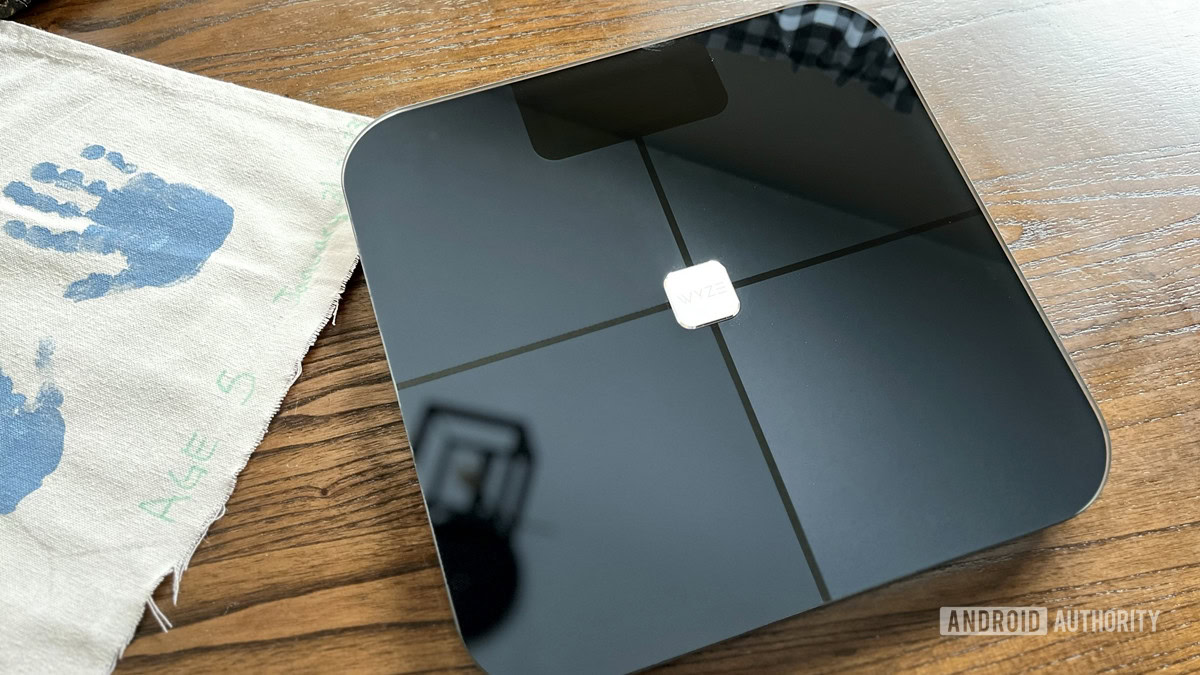
For one, setup is straightforward and easy. Once batteries are loaded and ready to go, all you have to do is add the Scale to the Wyze app, enter basic personal information (age, height, etc.), then pair via Bluetooth. You’ll also have the option of enabling Athlete Mode, which adjusts measurements for people who exercise over 10 hours per week and have unusually low numbers for body fat and resting heart rate. I didn’t toggle this on, since as hard as I work at the gym, I’m only there about 6 hours per week.
Though you do you have to have the app open on your phone to sync data, the scale is relatively quick to measure, and the app provides a well-organized view of all the metrics/trends it tracks. Those include body fat, muscle mass, water, protein, lean body mass, bone mass, visceral fat, heart rate, basal metabolic rate (BMR), and “metabolic age,” the last of which suggests whether you’re doing better or worse than average for your real age.
That’s a lot of data, and impressive considering how much less you get from the more expensive Fitbit Aria Air. In fact the Wyze app syncs straight to Fitbit, Apple Health, and Google Fit, so this is probably a superior option given the money you’re saving.
What’s not so good?
While weight measurements are consistent with other scales, accuracy for anything beyond weight and heart rate is suspect. Body composition metrics can fluctuate a little more than you’d expect, and may potentially be far off base. Indeed as I mentioned, switching from the Wyze Scale to the Withings Body Comp saw my body fat drop from about 24% to 20% in the span of a day — since that’s physically impossible, there’s clearly a technological difference. I’m more inclined to believe the Body Comp, not the least because I have (slightly) visible abs. Even 20% is probably an overestimate, given that you usually need less fat than that for abs to show.
A lesser complaint is the scale’s dependence on Bluetooth. The need to refresh a nearby phone to sync data might seem trivial, but that does mean you end up using your phone during a weigh-in whether you like it or not, and might be a deterrent over time for people who aren’t seriously committed to tracking their weight.
Lastly, don’t expect anything in the way of coaching. While the Wyze app does let you set weight goals, it doesn’t suggest how to meet them. The best you get apart from trends is tapping on a metric, which shows a textbook definition plus a slider showing whether or not you’re doing well.
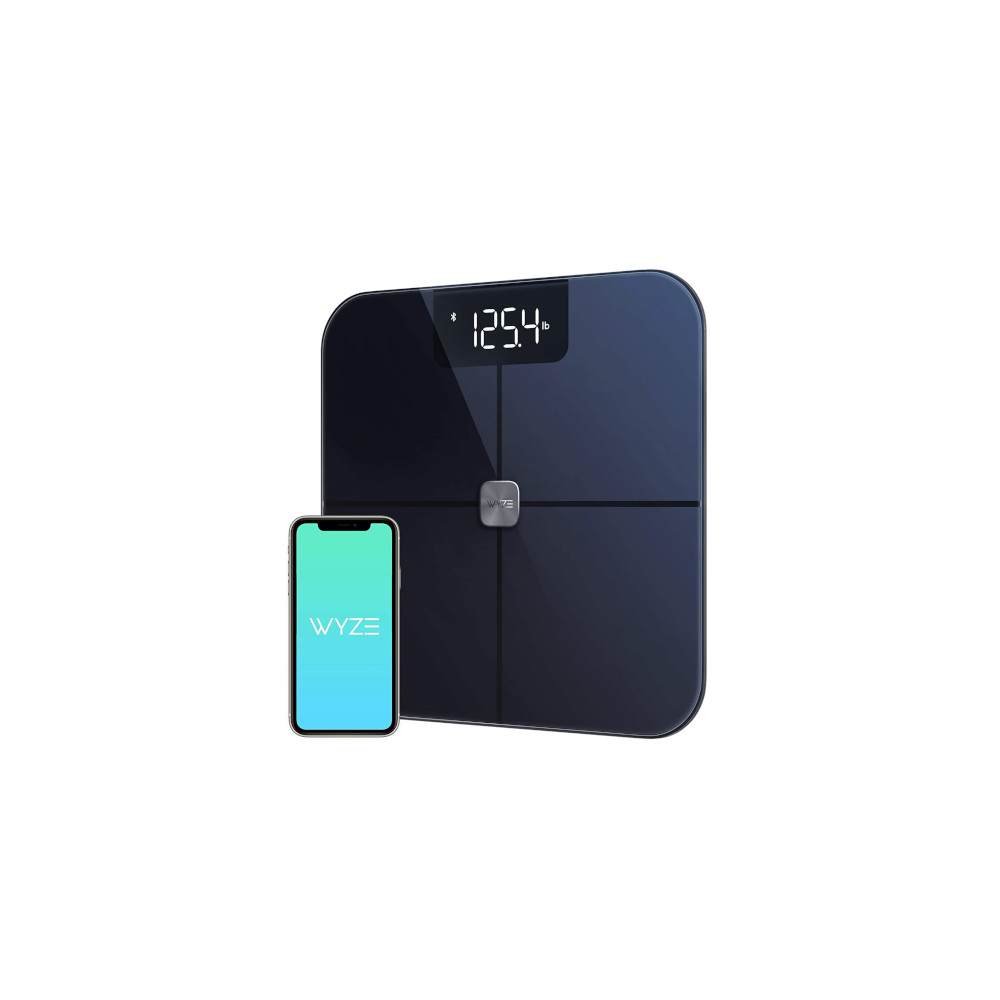
Withings Body Comp
If you want a scale that comes reasonably close to providing a total health picture and is convenient to boot, Withings’ Body Comp fits the bill. You will, however, want to drop the bundled Health Plus subscription before renewal time comes around.
What’s good?

In tandem with Withings’ Health Mate app, the Body Comp is very comprehensive. Most of the metrics it monitors are relatively standard — weight, body fat, heart rate, water, muscle mass, bone mass, and visceral fat — but the addition of vascular age could help forestall heart problems, and there are trend charts for every data point, not just a handful of them. It even pulls in stats like walking, workouts, and floor climbing from other app sources, so if you have a wrist-based tracker, you can check out some of that info without having to leave Health Mate. The app syncs with platforms like Strava, Apple Health, Google Fit, MyFitnessPal, and Runkeeper. There’s an Athlete Mode here as well.
Weeks into ownership, stepping on the scale is still a mildly impressive experience. When you’re standing on it, the scale’s monochrome LCD cycles through various readouts and graphs, giving you a sense of how you’re doing without even touching your phone. In fact you might be able to hold off on picking up your phone in the morning, thanks not just to health data, but daily weather and air quality info, plus Wi-Fi sync which means you only need to open Health Mate when you feel like it.
If you’re new to “serious” fitness activity, the inclusion of a year of Health Plus membership could be genuinely useful. It centralizes sleep, nutrition, and overall health info you might otherwise have to hunt for, and then coaches you to take action, including goals and premade workouts if you’re not already following a plan.
What’s not so good?
You’re paying a lot for the Body Comp’s feature set. Yes, it seems to be more accurate than budget options, and it’s nice to have features like Wi-Fi sync, in-depth data, and handy LCD briefings, but I’m not sure that it’s $174 better than the Wyze Scale, for example. Moreover, it’s ethically sketchy to sign every buyer up for an auto-renewing subscription. I’m sure some people are going to forget to cancel before their free year is up, then wonder why they have $10 extra on their credit card bill.
The value of Health Plus is limited, too. A lot of the information from Plus can be found elsewhere online for free, and if you’ve got a few years of fitness under your belt, its goals and workouts may be below your level. The same is true of other major subscription services such as Fitbit Premium and Apple Fitness Plus, but that doesn’t let Withings off the hook.
On a technical level, my only real complaint is that setup can take a little while and be a little confusing. The Health Plus chat bot interviews you for a few minutes before you can get started with the service, and Withings doesn’t prepare you for the fact that some things require on-scale, foot-based control — I couldn’t get the Body Comp to sync any data until I figured out that I needed to tap my foot to choose my user profile, which was odd since I’m the only user. In homes where there are multiple users, that’s going to require some education.
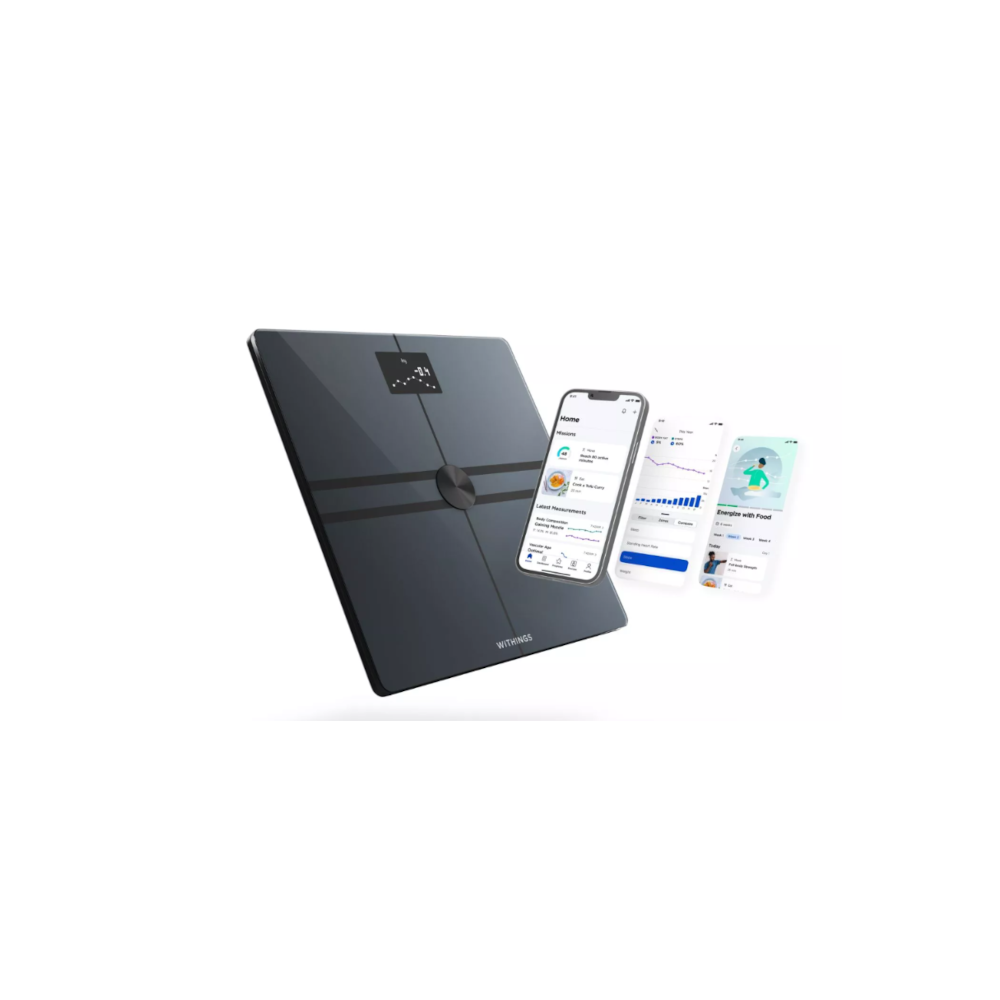
Is a smart scale worth it?
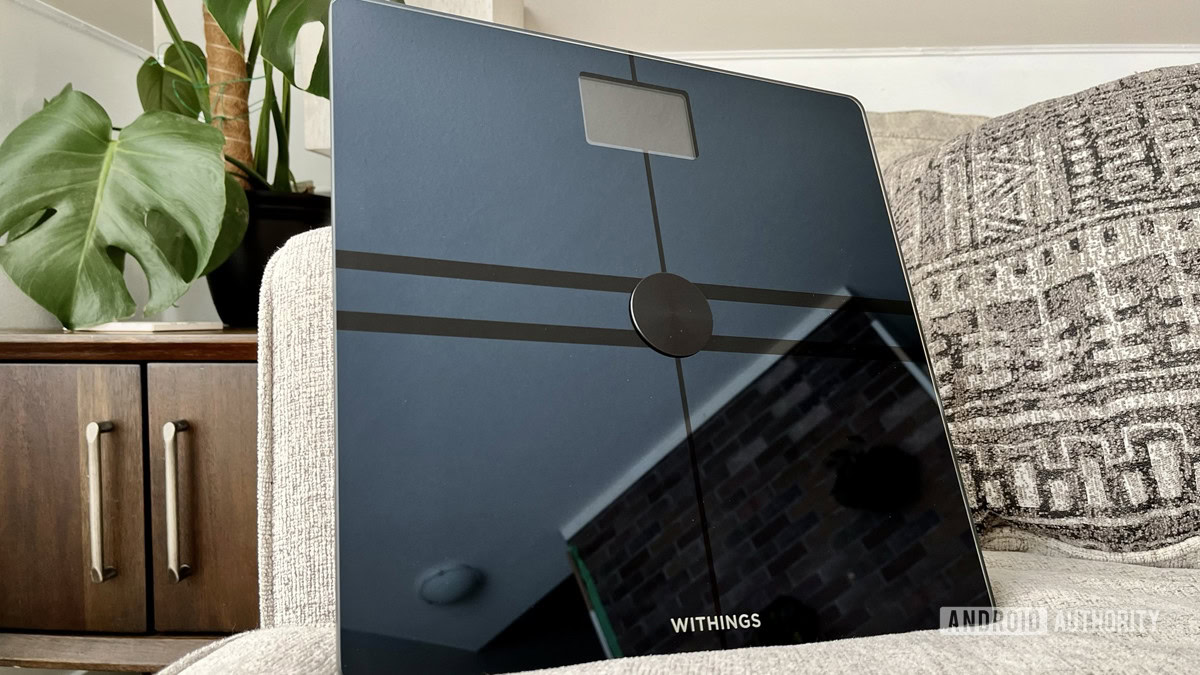
If you’re at all curious about your weight, yes, absolutely. Even a low-cost smart scale like the Wyze Scale is going to do a great job tracking weight trends. If you sync with platforms like Google Fit and add a sufficiently advanced tracker from the likes of Polar, Fitbit or Garmin, you can develop a pretty comprehensive view of health and activity, including heart rate, blood oxygen, and sleep. You should always be skeptical about accuracy, but you’ll have decent enough data to act on.
Any scale features beyond weight are a luxury. Body composition data is far from bulletproof, which makes high-end models like the Withings Body Comp a tough sell, never mind paying for an online subscription service to go with it.
A smart scale can be genuinely useful for monitoring weight trends. Other features are just a bonus.
Still, many newcomers might benefit from direct coaching and goal-setting, and amateur athletes like myself can make use of semi-accurate composition data as long as we know its limitations and treat it as a relative measure. 20% body fat might not be right, but if that percentage shifts over a few weeks and persists, there’s probably authentic change happening.
FAQs
No. At the moment, Apple’s only health and fitness hardware is the Apple Watch. Many scales and apps can sync with Apple Health, however.
There’s a wide range of prices for smart scales. Some can be had for less than $50, while others cost three or four times that amount. Spending more does tend to get you better features and accuracy.
Not by users, apart from entering height data and deciding whether to enable precision options like an Athlete Mode. Smart scales can zero themselves as long you keep them on a stable surface.
It’s increasingly common for smart scales to support multiple profiles. The Garmin Index S2 is a champion here, since it supports up to 16 people — enough for an entire sports team.
How scales handle multiple profiles can vary. Though products like the S2 and the Wyze Scale require separate email accounts, models like the Withings Body Comp can handle several people under the same account, as long as you know their approximate weights — this is used to detect them when they step on. Withings allows separate accounts as an alternative.